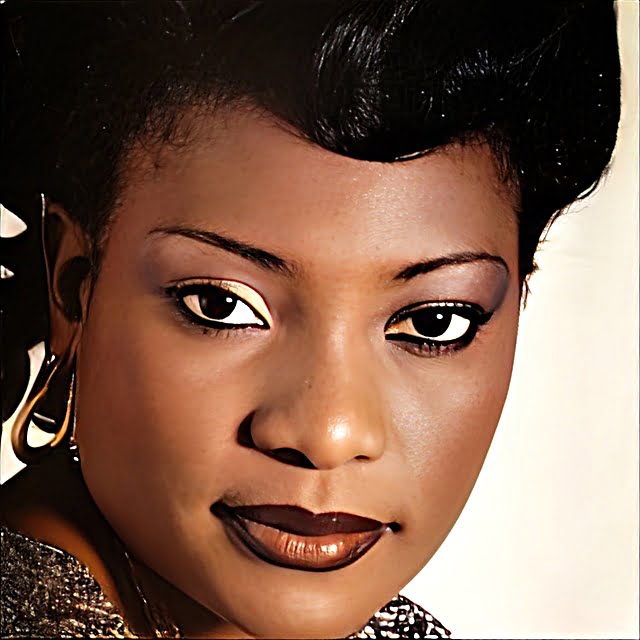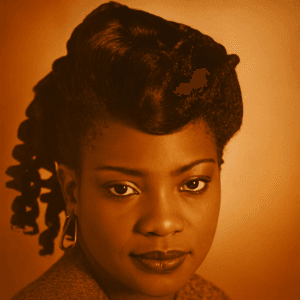
MPongo Love: Congo’s Queen of Rumba and Soukous
M’Pongo Love: The pioneering Congolese singer-songwriter who redefined Soukous music, championing feminist themes with her empowering melodies and soulful voice. Explore her enduring legacy. Join us on a journey through the beats and lyrics that defined an era with M’Pongo Love, a name synonymous with musical brilliance and unwavering strength.
Introduction
Aimee Françoise M’Pongo Langu, popularly known as M’Pongo Love, was a trailblazing Congolese singer and songwriter. Born on 27 August 1956 in Boma, Belgian Congo, she overcame early health challenges to leave an indelible mark on the African and global music scene.
Early Life
M’Pongo Love’s journey began with adversity. At the age of four, she contracted polio, leading to paralysis. Despite this setback, she persevered, learning to walk with a prosthesis in 1962. Growing up in a musical environment, she sang in her father’s church choir and continued her passion for singing in her secondary school choir.
After graduating, M’Pongo moved to Kinshasa, where she pursued a shorthand typing course and worked as an executive secretary. However, her true calling awaited her in the world of music.

Musical Career
At the age of 19, M’Pongo met saxophonist Empompo Loway, a pivotal moment that led her to leave her secretary job and embark on a musical career. With the support of Ngwango Isionoma, the band manager, M’Pongo formed the group Tcheke Tcheke Love and had her debut concert at the Ciné Palladium in Kinshasa.
M’Pongo Love’s distinctive voice and poignant lyrics soon captivated audiences, earning her renown as the most feminist of all women Soukous singers.
Throughout her career, she collaborated with notable musicians and groups like Les Ya Toupas, delivering hits such as “Pas possible Maty” and “Ndaya.” In 1980, she ventured out independently, moving to Paris and establishing her own label, “Love’s Music.”
Tragically, M’Pongo Love faced health challenges later in life, contracting cerebral meningitis in Gabon. Despite planning a comeback, her condition worsened, leading to her admission to a clinic in December 1989. She passed away on 15 January 1990, leaving behind a musical legacy and three daughters.
Style and Themes
M’Pongo Love’s unique style featured a clear, slightly nasal voice, and her performances were marked by her bracing herself on the stage sides due to her physical disability. What set her apart was her outspoken feminism, addressing women’s issues and challenging societal norms in her music.
In a 1989 interview, she articulated her feminist views, expressing her commitment to empowering African Women and challenging traditional gender roles. Her music not only entertained but also served as a platform for social commentary.
Legacy
M’Pongo Love’s impact on the African and global music scene is immeasurable. Her contributions to Soukous and Rumba, along with her feminist perspective, have left an enduring legacy. Despite facing personal and health challenges, she remains a symbol of resilience and inspiration for generations to come.




Pingback: Vonga Aye: The Underrated Congolese Songstress |